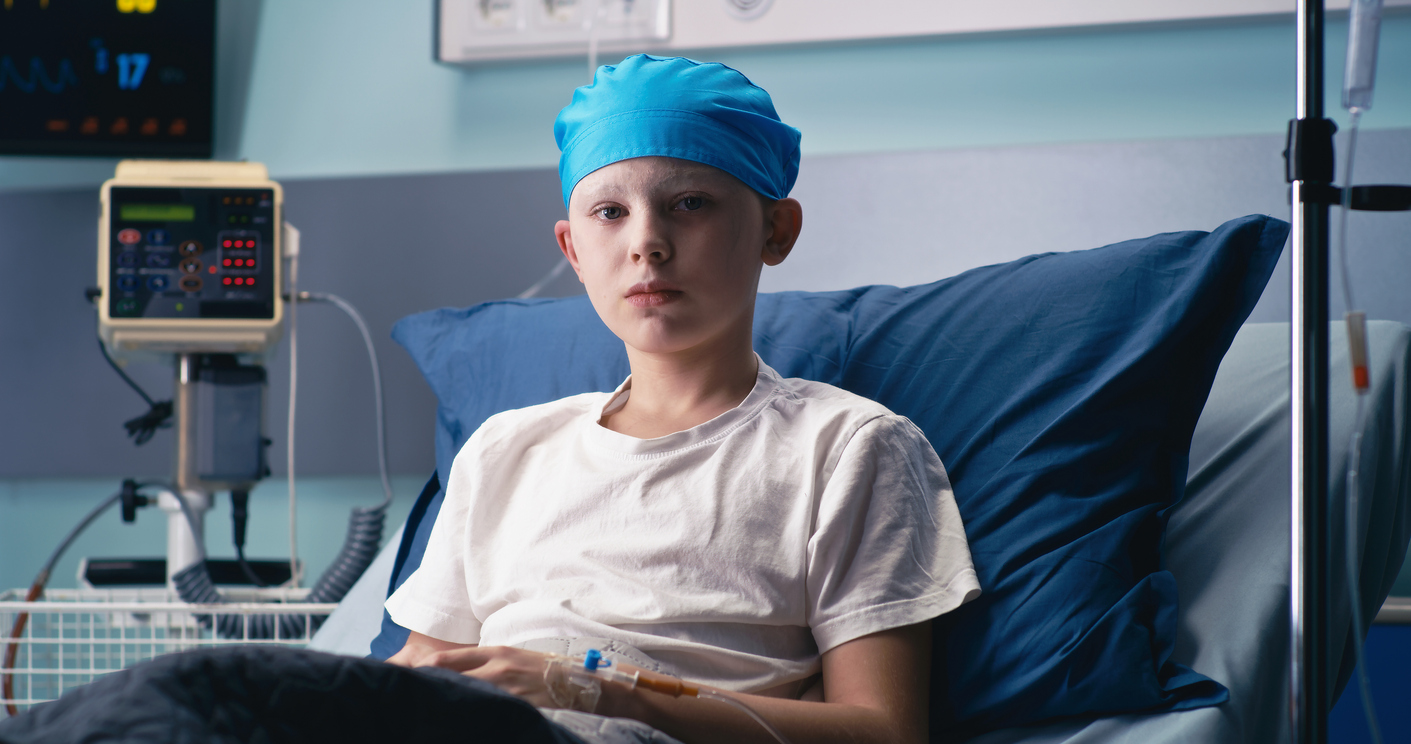2024-03-25
Renal toxicity of ifosfamide in children
Pediatrics
Ifosfamide is a key anticancer drug in children, but is associated with renal toxicity. In this study, researchers sought to identify children at increased risk of long-term renal toxicity. The 15 children in the study were treated with ifosfamide-based chemotherapy for Ewing's sarcoma or rhabdomyosarcoma. They received a median total ifosfamide dose of 59 g/m2, administered over a median of 7 cycles. All children experienced acute proximal tubular toxicity during chemotherapy, reversible after the cycle. After a median follow-up of 31 months, 8 children had chronic overall toxicity, 7 of whom had decreased glomerular filtration rate. ALDH enzymatic activity showed strong inter- and intra-individual variation during cycles, but appeared lower in children who subsequently developed chronic nephrotoxicity.

Last press reviews
Gut microbiome and neurodegeneration: a new therapeutic lever

By Elodie Vaz | Published on February 12, 2026 | 3 min read<br>
Fragile heart, vulnerable brain?

By Ana Espino | Published on February 13, 2026 | 3 min read<br><br>
A practical look at HCM in young athletes

By Carolina Lima | Published on February 13,&nbs...